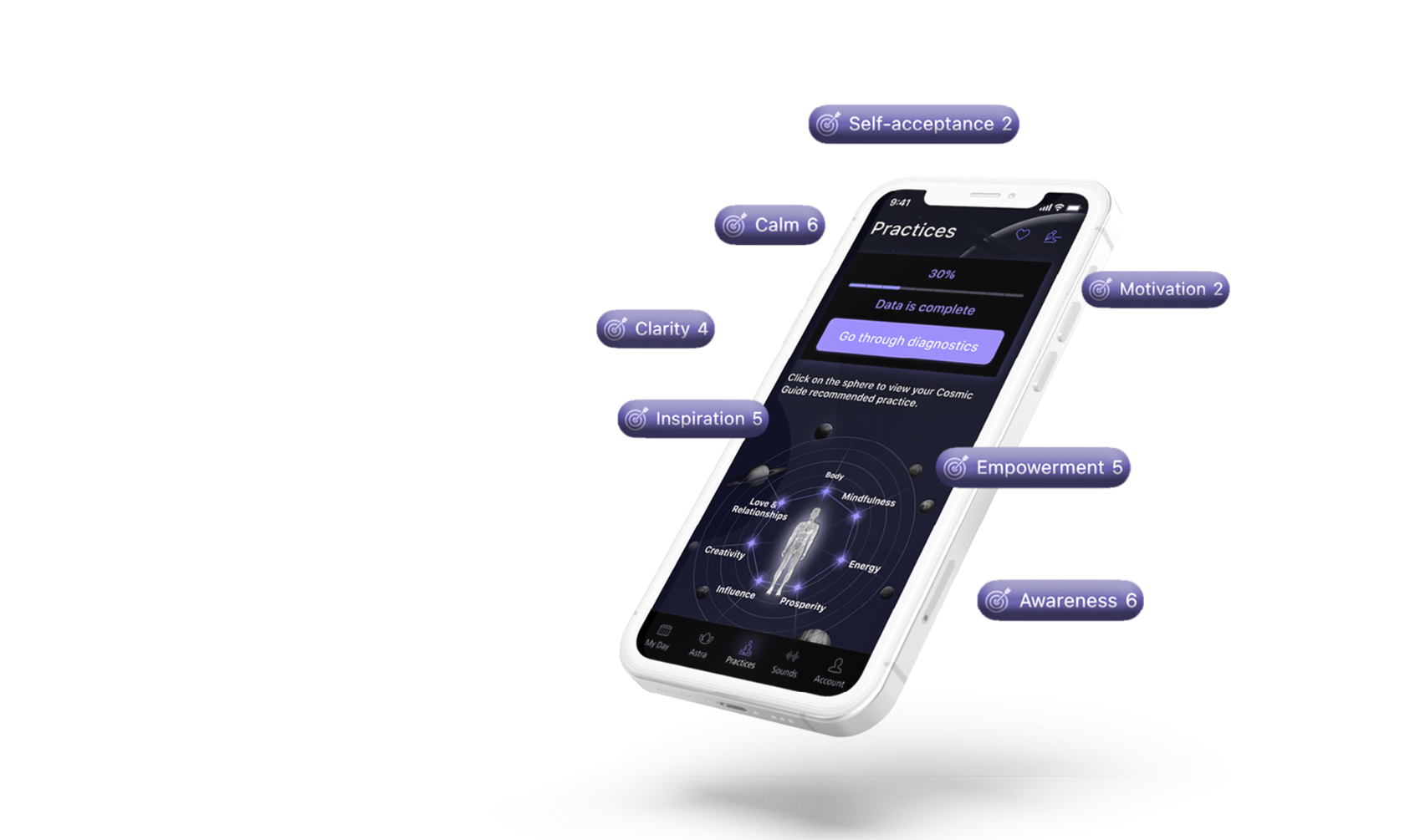World famous figure skater Tonya Harding knows what it means to reach the goals. She began skating in early childhood, and at the age of 12 she already won her first prize. Tonya strove to perform a triple axel, an element that no American athlete could do. She trained daily, as she was obsessed with her goal. And although the record was set, Tonya was stuck with health problems, family failures and public scandals.
When you live from goal to goal you cease to enjoy life itself. Obsession with aspirations leads to the fact that people do not notice anything or anyone around them, and live in constant stress. Is there a balance between being goal oriented and living it up? How can you follow your destiny and still stay in the moment?
What does it mean to be goal oriented
Sense of purpose is a soft skill that almost every employee claims to have. In general, this word stands somewhere between sociability and quick learning. “Have strength to reach your goals” is the usual birthday greeting. It seems like the word “purposefulness” has become so firmly established in everyday use that its original meaning has been forgotten.There are several definitions of this soft skill in dictionaries:
- the ability to overcome obstacles on the way to the goal;
- aspiration of efforts;
- conscious and active orientation of the personality towards a certain result of activity;
- willpower, passion.
People are not born with it, but they can cultivate this trait throughout life. To achieve the plan a person overcomes obstacles every day. Imagine a hunter who is in an impassable thicket. His goal is to find his lodge before dark. Trees with jaeger marks, like arrows, serve as landmarks. From time to time they disappear from sight, but it does not occur to the hunter to stand still.
The problem with focusing on goals
Sense of purpose is a kind of life planning tool. Instead of a chaos of thoughts, possibilities and directions, people can put them all in order and discover what their next steps are going to be. But beyond the obvious benefits, pursuing goals may also be harmful:- a pressure from constant deadlines while implementing the plan. To live only by one's own goals leads to the risk of staying in the rhythm of deadlines all the time. The closer the deadlines are, the more stress such people get (it leads to less productivity). For example, if a courier delivers 50 orders per day, he will receive a bonus. Day after day, even if it rains or snows, he over fulfills his norm, but by the end of some period he’ll become completely exhausted mentally and physically.
- “blindness” to other possibilities means that perception becomes narrower, the variety of new ideas and ways is reduced to a minimum. And if the goal oriented people look at everything from the perspective of achieving their goals, then life is deprived of other equally interesting opportunities. The investor has poured half a million dollars into shares of a new car company in the hope that the stock will rise in value soon. The investment was unsuccessful, but the investor was so focused on the successful outcome that he missed other market opportunities.
- focus on the result, not on progress. Even if the ultimate goal is not achieved, there is benefit from the process. For example, the lawyer did not open his own law firm, but he brilliantly conducted a number of trials and saved dozens of innocent people from imprisonment.

How to start live in present
While being obsessed with the goals, you may quite often sacrifice the present for the sake of an ephemeral future: "For now it is better to ban yourself from vacation on the beach, but to save money and buy your own apartment." Years go by, and the big purchase is still postponed: life is deprived of joys, and the goal has remained unfulfilled.In psychology, this problem is called life deferred syndrome. A future oriented person always lives in anticipation: “I’ll get back to my drawing hobby only when I graduate with honors”, “Now I cannot start a family, but when I start earning more, I’ll be able to start one.” On the one hand, there is a specific goal, -- to get an education, to find a high-paying job, but on the other, one can wait for the right moment all his or her life and thus never feel true happiness.
We set global goals and proceed from the “win or lose” principle. This is when you need to get from point A to point B in one big jump. But what if you break this path down into many small steps? Then the distance will be covered, and there will be time to “enjoy the views” along the way.
The secret of the theory of small steps does not lie in speed, but consistency. The general scheme looks like this:
- We define a big goal, for example, to gain 5 thousand subscribers on Instagram in a year. This goal should have a reason, for example, to start your own business. The reason like “My friend has 5K, I want the same number” is unacceptable.
- We break the goal into subgoals, subgoals -- into even smaller components. In the first month we want to attract 400 new people to the blog.
- We develop regularity: we write 1 post and tape 5 stories a day.
- We do not set limits: when the subgoal is achieved, we easily move on to a new one. When it’s not, we give new tries without being upset and stressed.
Other simple techniques also may help a goal oriented person to live in the present and enjoy the little things:
- focus on the moment both at work and in your personal life. For example, when playing sports, do not think about what a beautiful figure you will have or how cool you look, but enjoy physical activity. If you are working on a report, close all other tabs on your computer;
- keep a gratitude journal. Get in the habit of thanking yourself and the universe for every nice and pleasant thing you have. Try to write them down so when having a bad day, you’ll be able to read about all these great things;
- organize a morning routine. Try to get up an hour earlier and devote this time to yourself. Do not take your smartphone in your hands to flip through the feed, but read a book, prepare a delicious and healthy breakfast, do exercises, etc.;
- don’t mix your life sphere in your head. When you’re at work, don’t think about all the house chores you have for this evening. When you spend time with your sweetheart, don’t think about work emails you need to respond to. The secret of this method is to focus, get quick feedback, and feel the influx of inspiration. It might be hard at first but you need to learn how to concentrate. Meditation can help you with this.
- calm down the inner critic. This inner voice refreshes in memory all the failures, devalues victories and brings the doubts up at the wrong time. Try to turn the volume down.
Bottom line
To achieve success and make the dreams come true, you need to keep up with your clear guidelines. But when focusing on achievements, you can miss other joys in life, live in constant stress and turn a blind eye to other opportunities.In the samurai code there is a principle: "The main thing is not the goal, but the path." This does not mean that you need to turn on the autopilot: you barely can land softly somewhere. To survive in the rhythm of constant deadlines and the race for goals, it is important to become process oriented, devote time to yourself and be grateful for every minute you have lived. There must be a balance in everything, then the achievement of goals will become more effective.



